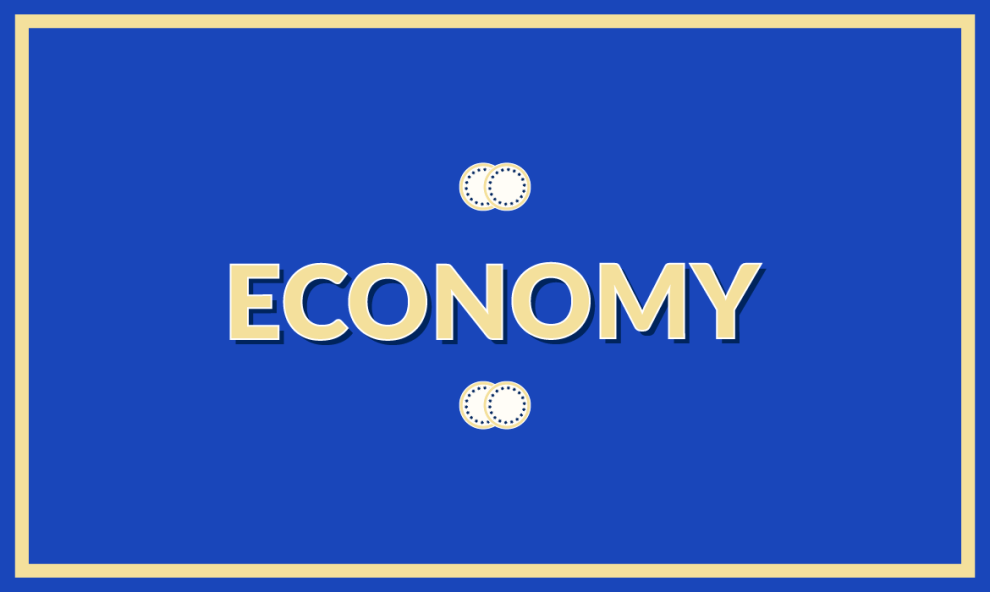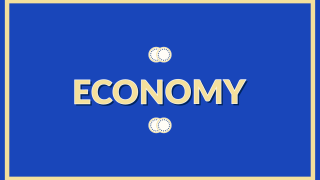On a report issued on May 23rd, the National Institute of Statistics and Geography (INEGI) showed that Mexico’s economic growth for the first quarter of the year amounted to a mere 1.8 percent. This forced the Secretariat of Public Finance (SHCP) to reduce its growth forecast for 2014 from 3.9 to 2.7 percent. Luis Videgaray, head of the aforementioned department, has stated that the country’s economic weakness can be attributed to exogenous factors that are beyond his control, such as the low growth of the U.S. due to a harsh winter as well as an increasingly accelerated drop in PEMEX’s oil production. However, Videgaray has finally acknowledged the negative effects resulting from the 2013 Fiscal Miscellaneous Resolution such as a reduction in consumption within Mexican households or the decrease of private investments.
Although some sectors in the public eye ask for the destitution of the Secretary of Public Finance, this is not a likely or desirable scenario. A hypothetical departure of President Peña’s main economic advisor, someone who has held an important position since the beginning of the Head of State’s political career, would send a devastating sign to the markets. That is the reason why it’s such a difficult scenario to contemplate. The relevant question to ask is not whether the economic steer of the country should be run by a given individual but to take into account both the consequences of continuing with the implementation of short-term policies that increase the abundant expenditure in fiscal resources, which have depressed economy as well as the alternatives that the government might explore in order to avoid further damage in the future.
Nevertheless, the Peña administration seems to be more concerned about establishing the Executive Power’s tools for political control – which have been somehow diluted by changes in power – than in providing improved economic conditions for the country’s development. The potential economic achievements of the energy, telecommunications and financial reforms will be seen, in the best-case scenario of a prompt approval and implementation, until after three to five years. Meanwhile, the government has lacked any policies that could foster growth or provide any certainty for the short term. On the contrary, the traditional act of taking advantage of responsible taxpayers as well as the productive sector until “acceptable” limits – a habit that dates since the authoritarian rule – has proved to be inadequate in times where the economy is exposed to many risks, both internal and external.
On the other hand, the tax ruling approved last year by PRI, its allies and PRD did not succeed in broadening the tax base and, as a consequence, it did not tackle informality at all. Within a context of possible measures that would ensure several stakeholders with political control – and clients – via the allocation of public resources, the government attempted to guarantee income in order to be able to spend in a scenario where the drop in oil production was worse than what was expected. The problem with this political model is that the government considers that it knows how to use resources better than consumers and Mexican companies alike, something that is not being backed up by data.
Mexican economy will have higher growth by the second half of the year due to an improved exercise of public expenditure, the likely approval of the telecommunication and energy reforms’ secondary legislation (something that could attract some initial upfront investments) as well as the United States’ economic recovery. However, this does not mean that the basis for an institutional agreement that will enable a sustained, long-term growth have been set.
Mexico is about to experience a reality check and it seems that the political model of welfare and electoral expenditure, combined with watered-down reforms that change “everything” in order to leave it all the same is about come to an end. Although this scenario may guarantee PRI’s continuity in the government via the allocation of resources, the country cannot handle any more mediocre levels of growth or even worse, continue tolerating administrations that are incapable of an efficient expenditure of public resources. Responsible taxpayers, also known as “the goose that lays the golden eggs” have their limits and it would be better not to test them.
CIDAC






Comments